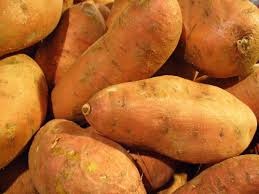UFondwa Sweet Potato R & D Center Beauregard Import Pilot
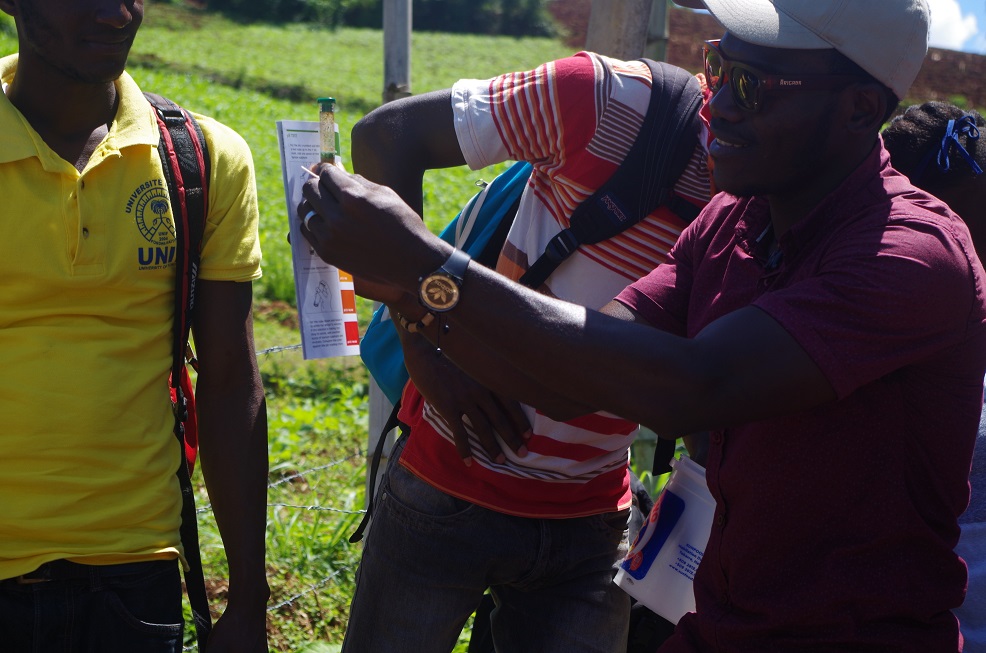
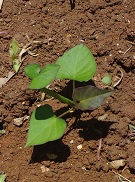
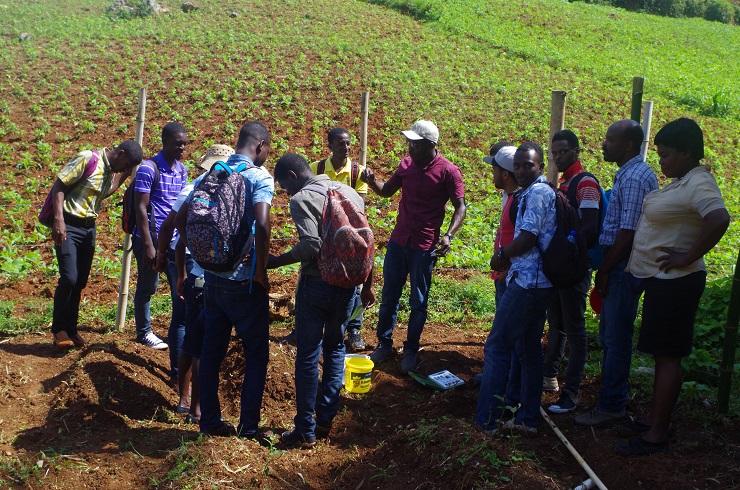
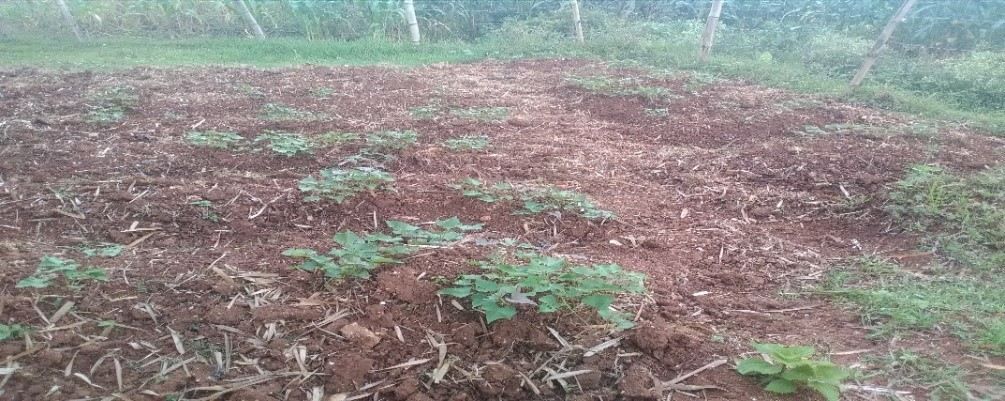
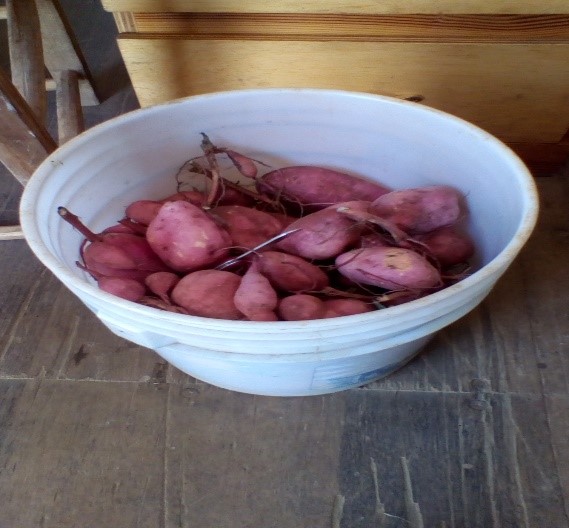
Web Cam
Sensor Data
St. Matthew parish, Tolland, CT, and the Global Institute For Transformation® (GIFT) have joined forces to affect a new strategy of solidarity and sustainability to help people who are hungry and struggling economically around the world. It's a very simple proposition: help households grow, enjoy and sell highly nutritious sweet potatoes!
Introducing a smart farming and church “twinning” project, and a template for replicating this across the “Church for the Poor” globally.
The USCCB Document On The Laity explains that "All of the baptized are called to work toward the transformation of the world... All of the faithful are called in various ways to share in the Church’s mission of announcing the reign of God and transforming the world in the light of Christ.” Addressing global poverty and starvation by learning and sharing best practices for sweet potato farming is one way we can help. (Indeed, the sweet potato has proven to be an incredible blessing.)
Helping in this way can be done as a fun family event... for the Church family... for your family... and for the family of God. And while participating in this project will be fun, it will also provide serious starvation, solidarity and sustainability support.
This project involves planting a church garden utilizing USDA and university expertise and enabling the replication of this effort via St. Matthew Outreach-To-Haiti twinning. Project plans also include extending this initial Haiti twinning effort globally via encouraging and supporting other church twinning projects. The project scope includes this instructional portal (developed by Poznan Supercomputing & Networking Center, Poland). The goals of this effort are: 1) to connect local churches and global communities in a way that makes solidarity a personal, enriching experience; 2) to optimize farming yields via USDA soil mapping, via sustainable, no-till farming practices and via a web-based soil sensor and webcam; 3) to share best practices across churches and twinning programs; and 4) to support local pantries with donations from each church garden harvest.
